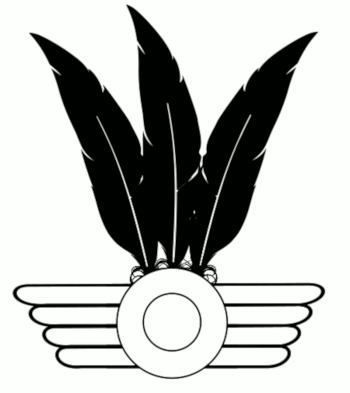
Ready to experience the wonders of Peru? Get in touch, and we’ll help you plan the adventure of a lifetime!

Ready to experience the wonders of Peru? Get in touch, and we’ll help you plan the adventure of a lifetime!

Email Consent Notice
By checking the box, you consent to PeruVisit.com collecting and processing your email address for the purpose of sending newsletters, promotional offers, and information about tours in Peru.
You acknowledge and understand that:
For full details on how we manage personal data, please refer to our Privacy Policy.
The number 3 held immense significance for the Incas, evident in various aspects of their culture. The Inca Cross, or Chakana The Inca Cross, or Chakana, with its three steps on each side, symbolized the three worlds they believed in:
This numerical theme extended to sacred animals:

The Incas believed that individuals had three purposes:
In the Inca Empire, citizens were expected to fulfill three types of work:

Their three commandments were:
By adhering to these commandments, the Incas built a vast and powerful empire with a rational and just organization. Even the Spanish conquistadors, who eventually dismantled it, acknowledged the wisdom with which the Incas governed. The last surviving conquistador, Don Mancio Serra de Leguizamo, noted in his writings:
"We found these states in very good condition, and the mentioned Incas governed them so wisely that among them, there were no thieves, no depraved men, no unfaithful women, no dissolute women, no immoral people. Men had honest and useful professions. Lands, forests, mines, pastures, houses, and all the products of labor were distributed in such a way that everyone knew their property, and no one claimed it or tried to seize it; local laws did not encourage this... the reason that compels me to write about this is the cleansing of my conscience because I feel guilty. We destroyed all this with our bad example, a people who had such a government and was a happy nation. They did not know crimes or punishments, neither men nor women. An Indian having 100,000 pesos of gold or silver in his house could leave it open, placing a small stick in front of the door, indicating that he was the owner of that property. If he did this, according to their tradition, no one could take anything there. When they saw us hanging locks on doors and locking them, they thought we were afraid that they might kill us, but they did not believe that anyone could steal another's property. When they discovered thieves among us and people who tried to seduce their daughters, they began to despise us."

Get in touch, and we’ll help you plan the adventure of a lifetime!